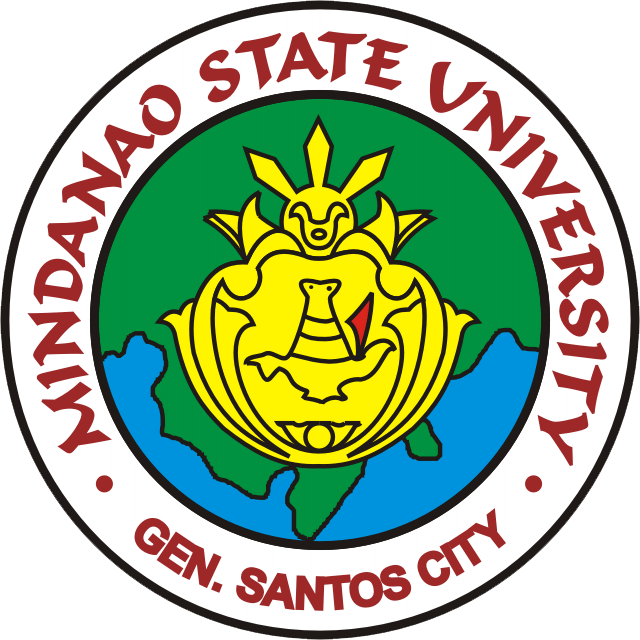This laboratory experiment was studied and conducted on July to September 2020 at the College of Agriculture, Mindanao State University- Fatima Campus, General Santos City. This study aims to determine the efficiency of the newly acquired fungal isolates from different areas in region 12 (Soccsksargen) to use as biological control agent to control the population of rice black bugs in a net house condition. A Completely Randomized Design (CRD) was used with nine treatments, replicated three (3) times. The treatments are, T1- no treatment (control), T2- healthy control, no application, T3-Metarhizium, T4-MD05, T5-MD08, T6-MD10, T7-ML01, T8-ML03, T9-SK10, T10-MD03, T11-MD12, T12-SK11.
In summary, most of the fungal isolates especially MD05, highly significantly reduced RBB populations in 10 days, although it was notable that mortality rates on the 12th day and afterwards did not vary significantly among treatments. Some other mortality factor (e.g. abiotic or biotic) may have exacerbated mortality in control group causing faster decline in control population.
It is conclusive therefore that the fungal isolates have the potential to control RBB populations just as well as or even better than (in the case of MD05) locally available Metarhizium sp. It is recommendable however, to conduct further investigation on the efficacy of promising fungal isolates where conditions have more appropriate control over other possibly contemporaneous mortality factors, as well as their comparative advantage, whether in terms of economy or sustainability, over other means of control for rice black bug.
Author
JIBRAIL ANTA KANDA
Abstract
SY
2022
Program
Bachelor of Science in Agriculture major in Agronomy
Department
Department: Agronomy
College
College: Agriculture
